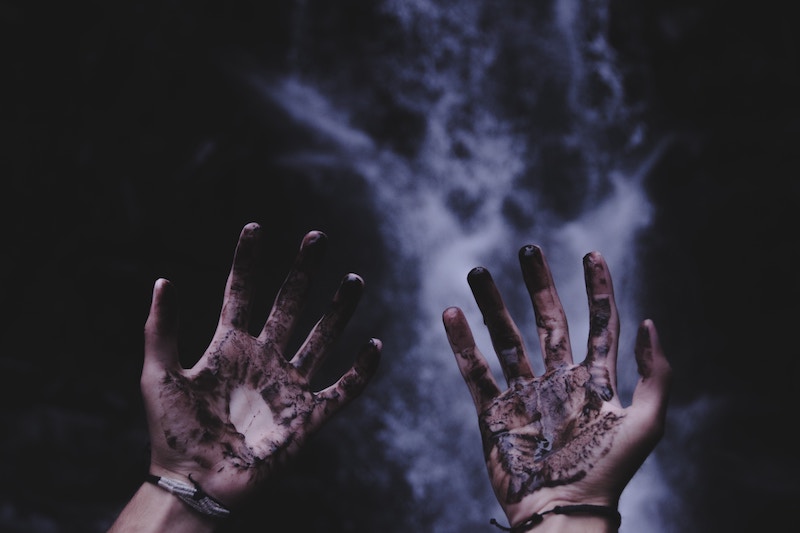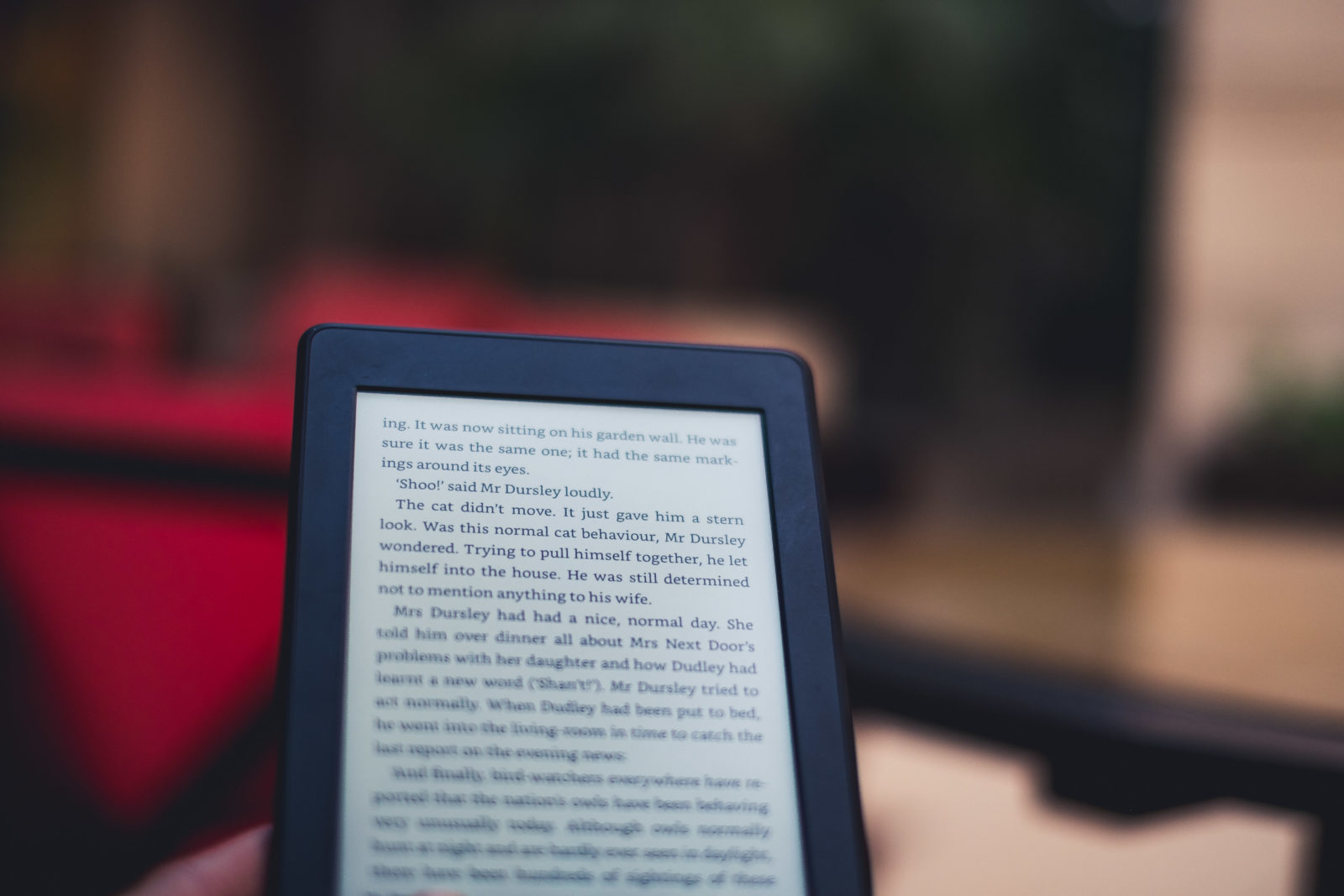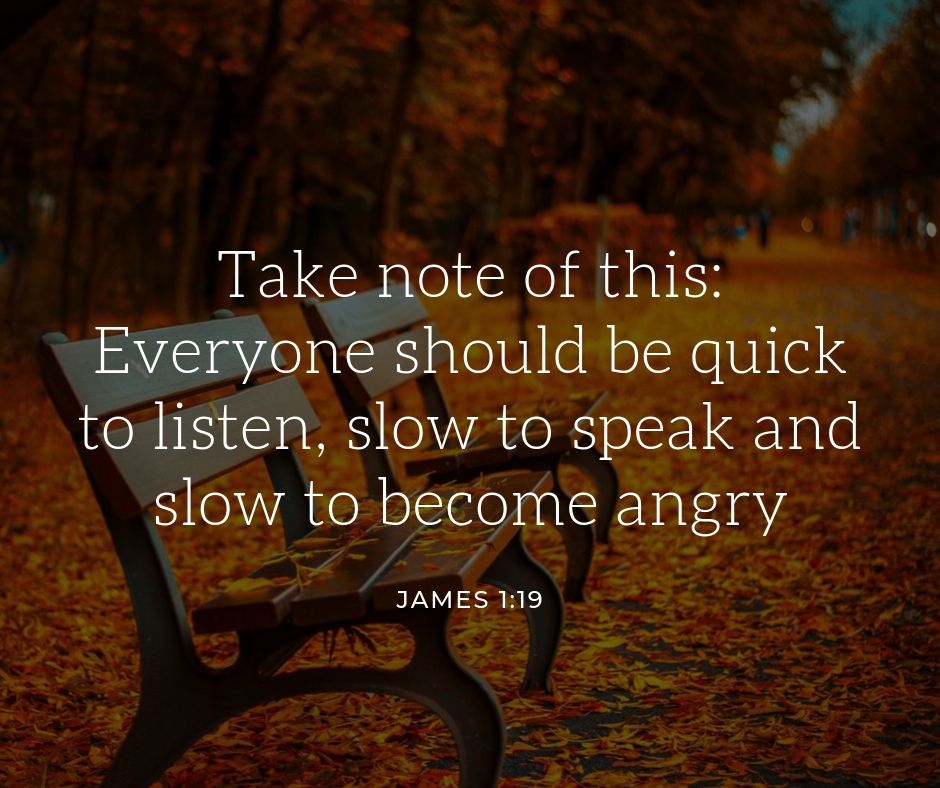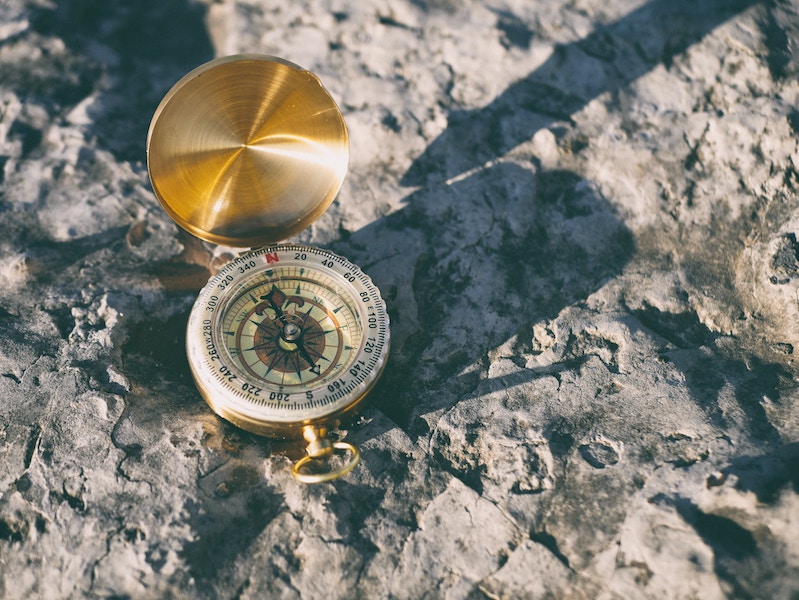On Sunday during church, I read Isaiah 64:6. I’ve read it dozens of times before. I know I memorized it in Awana, back in the day. But on Sunday, it stuck out to me.
The pastor read Isaiah 64 as the Advent text. But while the sermon focused on other things, I kept coming back to these words:
We have all become like one who is unclean, and all our righteous deeds are like a polluted garment. We all fade like a leaf, and our iniquities, like the wind, take us away.
Most discussions of this verse I’ve heard focus on the second phrase, the “polluted garment” part. I memorized it as “filthy rags.” But still. This time, on Sunday, the first phrase stuck out. I couldn’t quite place why.
So I engaged.
I read the words again. I read them slowly. I asked myself what exactly felt odd about the phrase. And finally, I saw it.
We have all become like one who is unclean.
Not “we become unclean,” which is how I’ve always translated it inside my own head. Like one who is unclean. Do you see the difference?
Every single one of us thinks of someone or a group of someones as unclean. Not good enough. Less than. Worthless. Too (fill-in-the-blank) to be accepted. Too (fill-in-the-blank) for God to love.
The marginalized. The outcasts. Sometimes, they are the literally dirty people. The homeless man on the corner. The child in your kid’s class who gets sent home with lice.
But maybe it’s the coworker whose marriage is falling apart. Or the neighbor who struggles to keep his lawn mowed. Or the family who needs food stamps to get by.
This verse isn’t talking about how we’re all horrible people. It’s talking about thinking we’re all good when we are really exactly like whomever we have declared to be unclean.
Contrary to my own perception of myself, I am not all that. I’m not. Neither are you. Every one of us is on equal footing compared to God, who acts on behalf of those who wait for him (v. 4) and who helps those who gladly do right (v. 5). He loves us already. He’s provided the means for our salvation. He promises help and hope and peace and a future to every one of us who has trusted in him. Yet we still have a tendency to lift ourselves up while pushing down the one we’ve declared to be unclean.
“Well, God, at least I’m not on welfare.”
“It’s okay God, because my kids don’t have lice.”
“Those (insert the opposite political affiliation here) just don’t understand what real love and holiness is, God.”
And we pat ourselves on the back, while in reality we have all become like one who is unclean. That person you despise. That group you shake your head at. You have become just like them.
They aren’t worse than us. All of our righteous deeds are like a polluted garment (literally, menstrual rags). The focus is really on the “All of our” (yours, mine, and ours) and not as much on the “righteous deeds” (our checklists of holiness). We all “fade like a leaf,” and every single one of us is blown around by the influence of our sins.
I have no footing on which to look down on others. Neither do you. But I act like I do all the time. It’s not fun or pretty to admit honestly who I treat as unclean. But it’s important.
I don’t want to be only better than them. I want to be more like Jesus.
Which is a much better definition of holiness anyway.
Engage: Who do you think of as unclean? How does God see them? How does God see you? How can you let go of that contempt and instead rest in God’s grace?



